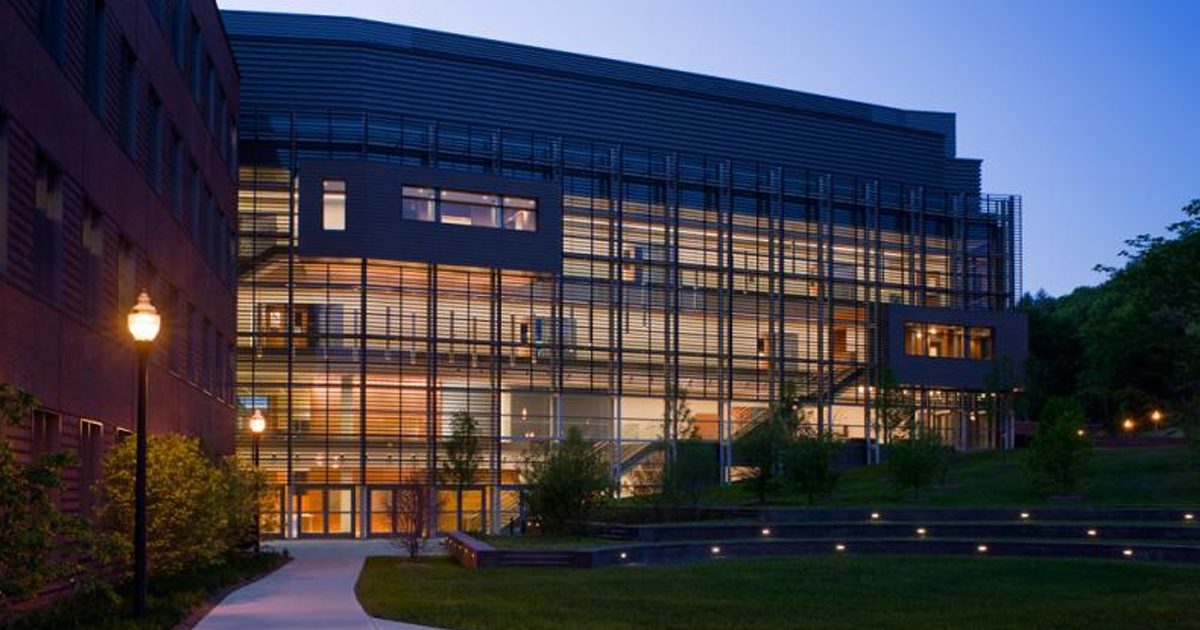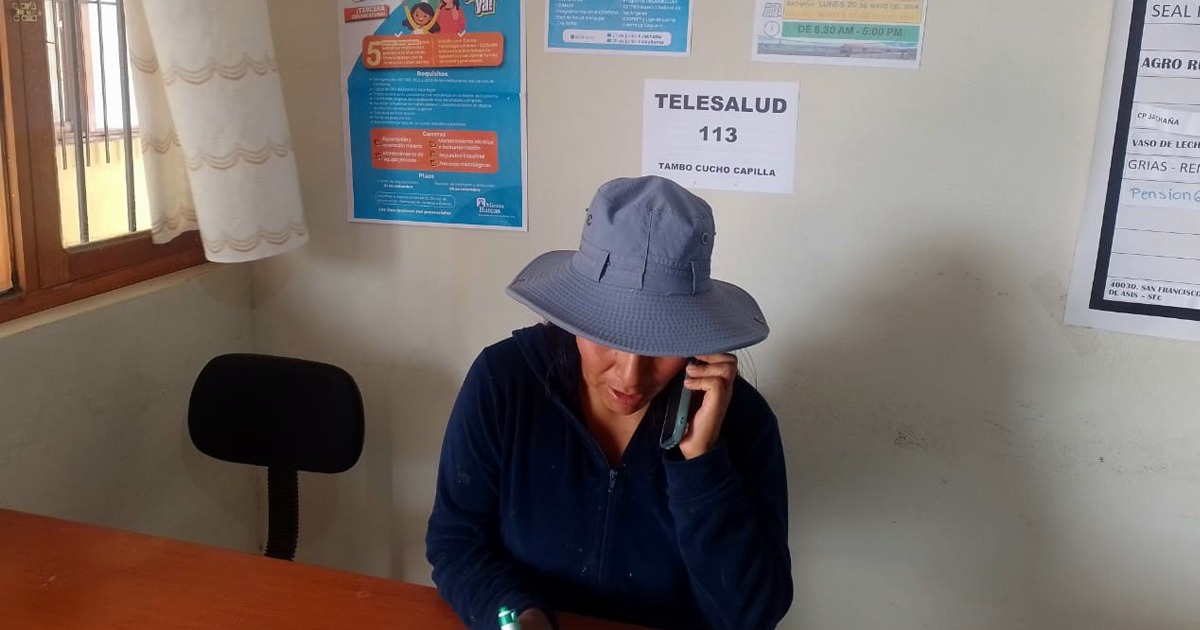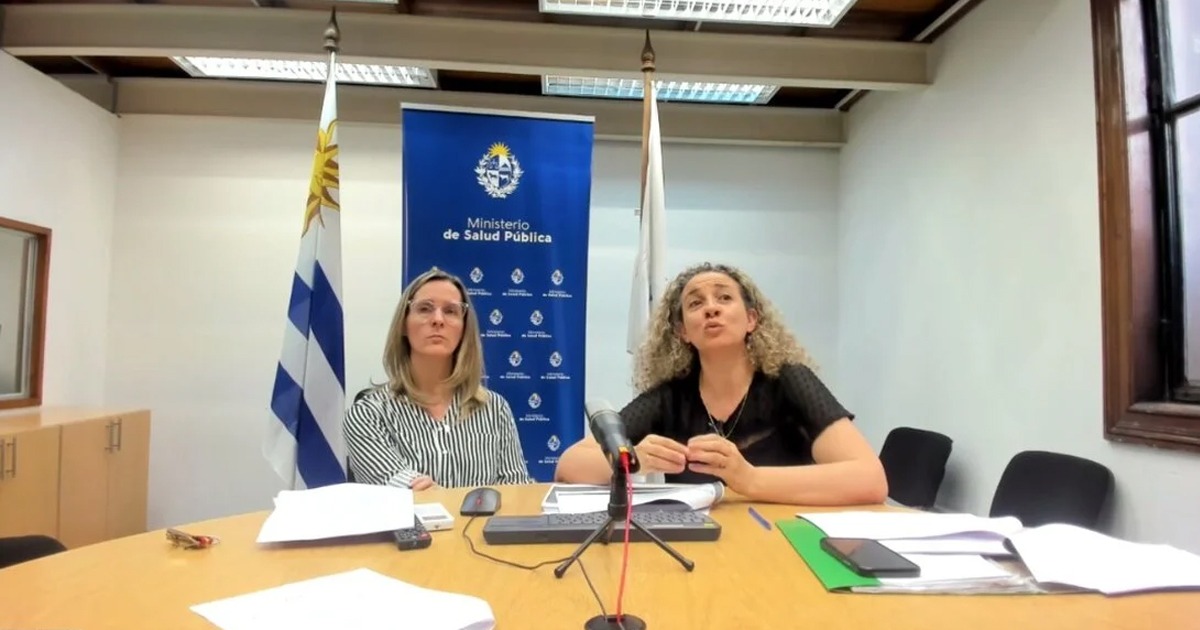The University of Massachusetts Amherst (UMass) and Brigham and Women's Hospital announced the creation of the Massachusetts Artificial Intelligence and Technology Center for Connected Care in Aging and Alzheimer's Disease (MassAITC).
This new facility aims to improve home care for older adults and people with Alzheimer's. It is a collaboration between UMass, Brigham and Women's Hospital, Massachusetts General Hospital, Brandeis University and Northeastern University.
MassAITC will use data and experience from the institutions involved to generate research that benefits the treatment of Alzheimer's and other diseases generally related to old age.
“We are pleased that UMass Amherst is home to this new hub, which brings together such distinguished institutions from across the Commonwealth. The center will leverage the campus's considerable expertise in artificial intelligence and life sciences to develop advanced care for Alzheimer's patients and address health care disparities associated with the disease. The application of pioneering research and innovation to real-world problems is central to the mission of the flagship campus,” explained UMass's Kumble R. Subbaswamy.
On the other hand, Paul Anderson, senior vice president for research and education at Brigham and Women's Hospital, explained that Artificial Intelligence has the potential to transform areas of science and medicine. However, he added, it is necessary for patients, caregivers and doctors to have the power over Artificial Intelligence, this is what the new center will promote.

The MassAITC responds to a specific situation regarding the elderly population in the United States, since many prefer to stay at home and require home health care. Despite the advancement of home health care technologies, there are still many challenges in caring for the elderly.
“It is a difficult problem to develop AI-enhanced sensing technologies that work for people where they are. How do you get good, useful data? How do you analyze this data and present it to the patient, caregiver and doctor? And then how do you intervene in a timely manner when a problem arises?” explained Deepak Ganesan, a professor at the College of Information and Computer Sciences (CICS), who will be co-director of the MassAITC.
Niteesh Choudhry, another of the co-directors, and an expert in drug epidemiology and drug economics, explained the importance of the creation of this center for the advancement of AI in the health care of older adults: "MassAITC also brings together outstanding capabilities of across the Commonwealth, including state-of-the-art facilities for the rapid development of AI-enhanced technology and patient cohorts to facilitate validation of these technologies in real-world and home settings.”





